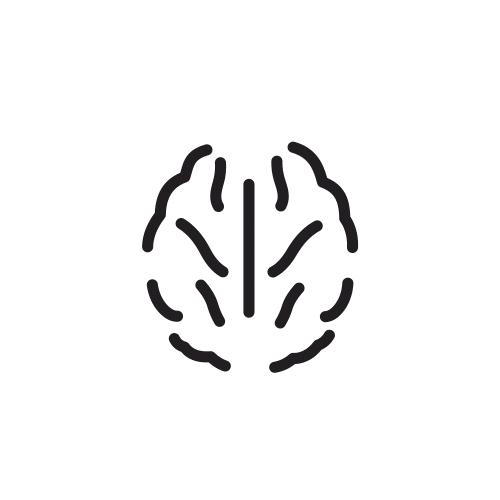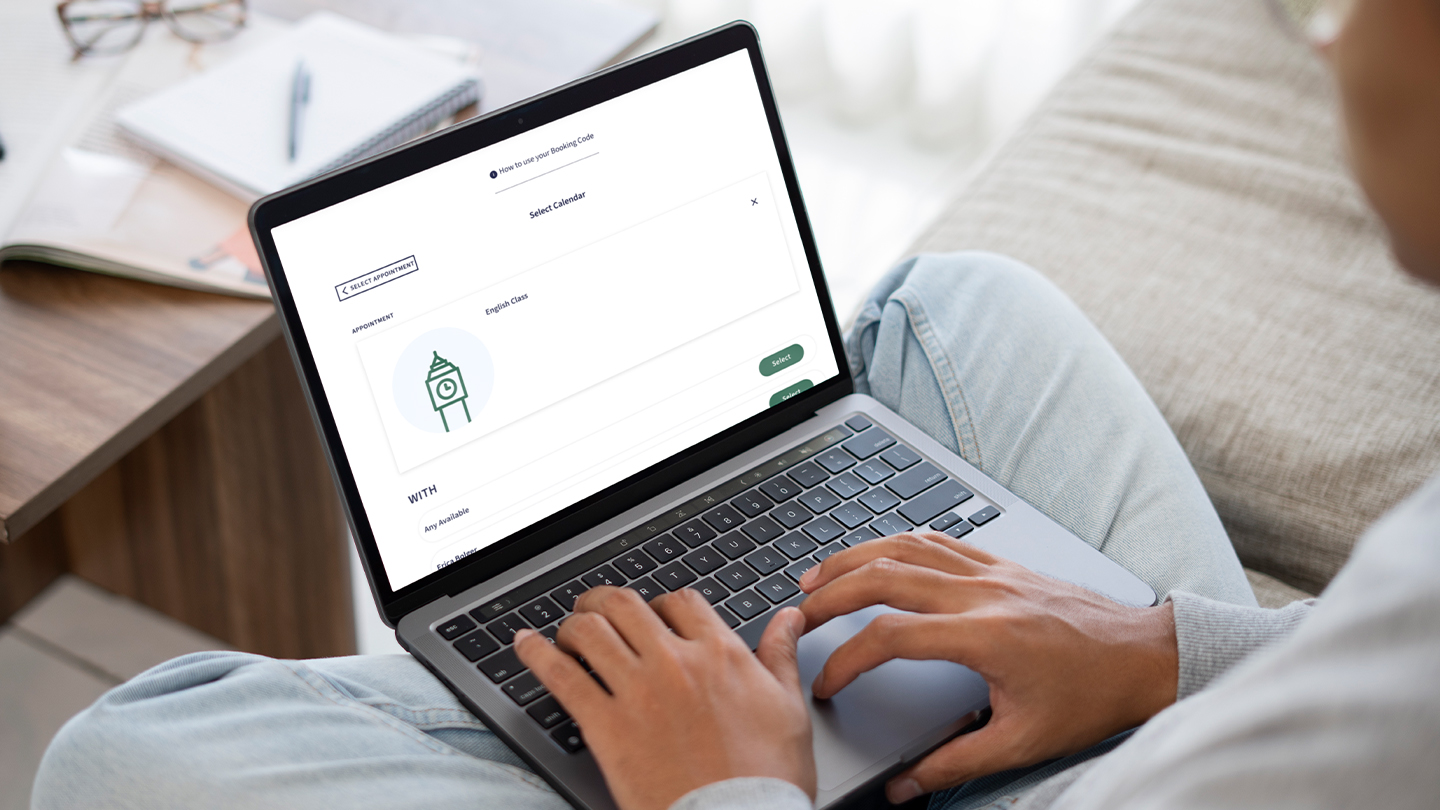Thinking about learning English but don’t know where to begin? You’re not alone. Whether you need it for work, travel, studies, or just personal growth, starting from scratch can feel overwhelming.
But here’s the good news: it doesn’t have to be. At Big Brain Languages, we work with learners of all levels every day, and we’ve seen firsthand that even the most hesitant beginners can make rapid progress with the right structure, tools, and support.
This post is your starting point. Let’s break it down step by step.
Why learning English as an adult is different
If you’re learning English as an adult, you probably have a few things on your plate already. Work. Family. A to-do list that never ends. But you also bring advantages to the table: motivation, life experience, and clear goals.
Adults learn differently from children. You might prefer understanding grammar rules before using them. You may want to focus on practical, real-life situations instead of textbook dialogues. And that’s okay.
What matters most is finding a method that fits your life — and sticking with it.
How to set realistic goals when learning English
One of the biggest mistakes beginners make is trying to do too much at once. Wanting to be fluent is great, but it’s not a plan.
Instead, set short-term, achievable goals. For example:
- Learn 20 useful travel phrases
- Be able to introduce yourself confidently
- Understand the difference between “do” and “make”
Clear goals help you stay motivated and track your progress. And remember: small wins add up.
Step-by-step guide to learn English from scratch
So where do you actually start?
- Focus on listening and speaking first
Start with simple audio resources or podcasts for beginners. Repeat out loud. Don’t worry about being perfect — just get comfortable hearing the language. - Build basic vocabulary
Start with topics that are relevant to you: greetings, food, numbers, daily routines. Flashcards, apps, and even sticky notes around your home can help. - Learn simple grammar
Get familiar with basic sentence structure, question forms, and verb tenses. Don’t try to master everything — just the essentials. If you’re planning to travel, this list of essential English phrases for travelling around the world can give you a head start. - Practice with native speakers
Whether it’s through a tutor or a language exchange, speaking regularly is key. Our students say this is what gives them the most confidence. - Be consistent
Even 15 minutes a day can make a big difference. Create a routine you can stick to — and don’t give up if you miss a day.
What skills should you focus on first? (listening, speaking, etc.)
While reading and writing are important, beginners often progress faster by focusing first on listening and speaking.
Why? Because that’s how we naturally acquire languages. You don’t need to understand every word to communicate. You just need the confidence to try.
That said, everyone’s journey is different. If you love reading, start there. If you travel often, focus on conversation skills. The best approach is the one that keeps you engaged.
Common mistakes beginners make and how to avoid them
- Trying to learn too much at once
Stick to small, manageable topics. - Waiting to speak until it feels “perfect”
It never will. Start speaking early, even if it’s just a few words. - Ignoring pronunciation
Practising sounds and stress from the beginning makes everything easier later. - Relying only on apps
Apps are great, but real interaction makes the difference. If you’re learning for professional reasons, here’s how to improve business English for work.
How to stay motivated as an adult learner
Motivation can go up and down, especially when progress feels slow. Here’s what helps our students stay on track:
- Keep a journal of new words you’ve learned
- Celebrate small victories (like understanding a full sentence!)
- Book regular sessions with a teacher for structure and encouragement
- Mix things up with music, shows, or podcasts you enjoy
And don’t compare yourself to others. Everyone learns at their own pace. When you’re ready to take it further, this guide on which English exam is best for you can help you plan your next steps.
Best online tools to learn English at your own pace
There are hundreds of resources online, but here are a few we recommend:
- BBC Learning English — clear explanations and great audio
- Duolingo or Memrise — good for building vocabulary
- YouTube — search for “English for beginners” channels
- Big Brain Languages — personalised 1:1 lessons with native teachers
And of course, we’re here to help you find the right combination of tools that work for your goals.
Free Download: Beginner’s English Starter Pack
We’ve put together a printable guide with:
- 20 essential phrases for everyday use
- A mini vocabulary list (with pronunciation tips)
- A simple grammar cheat sheet
- Daily practice checklist
Perfect to use at home or while you’re on the go.






